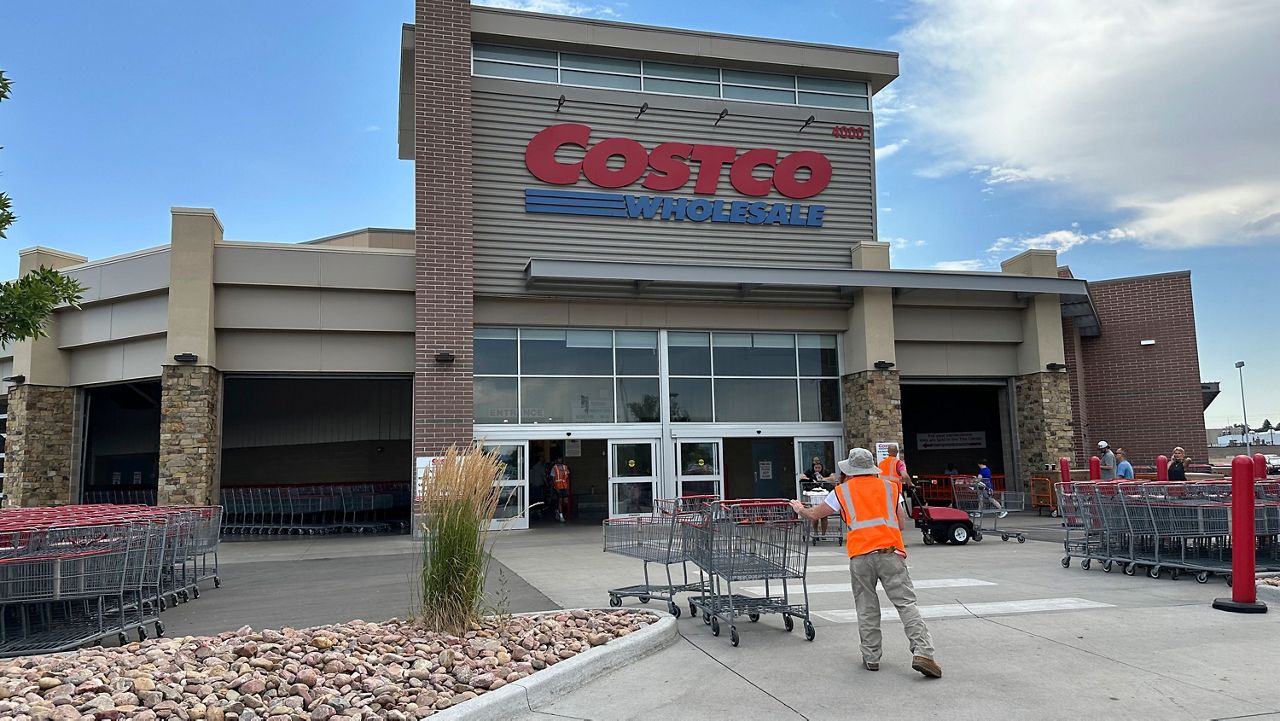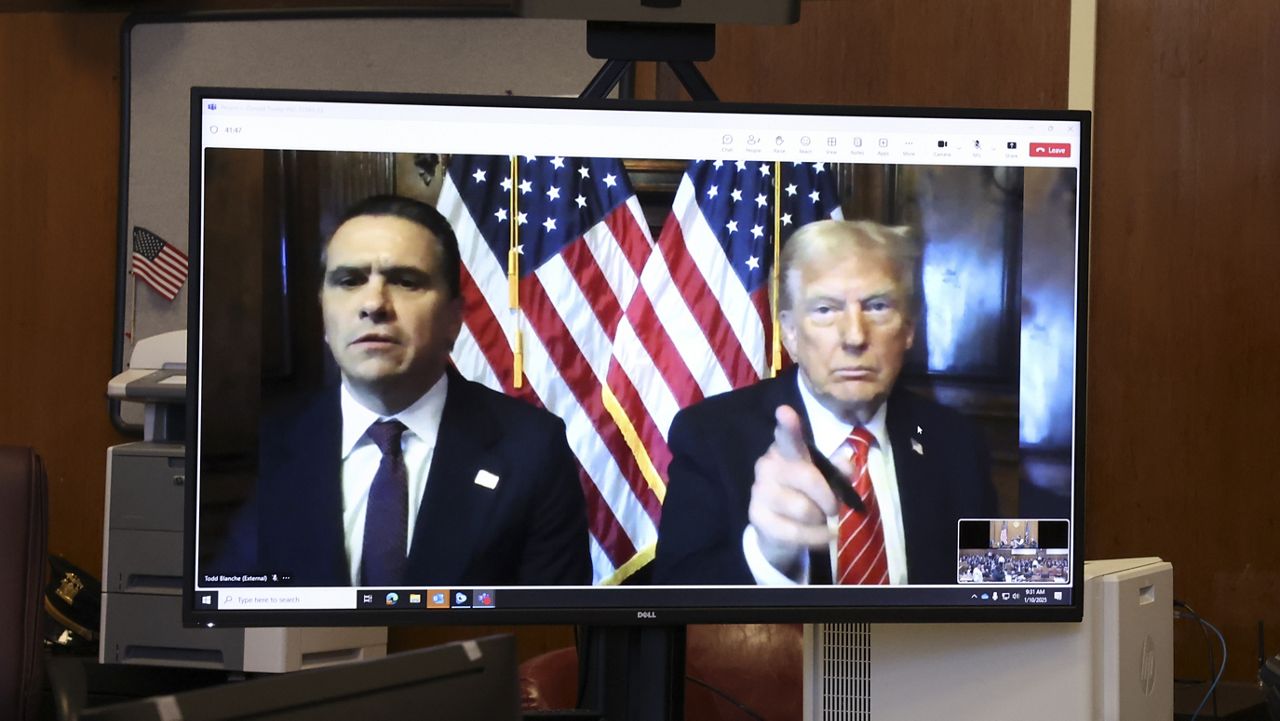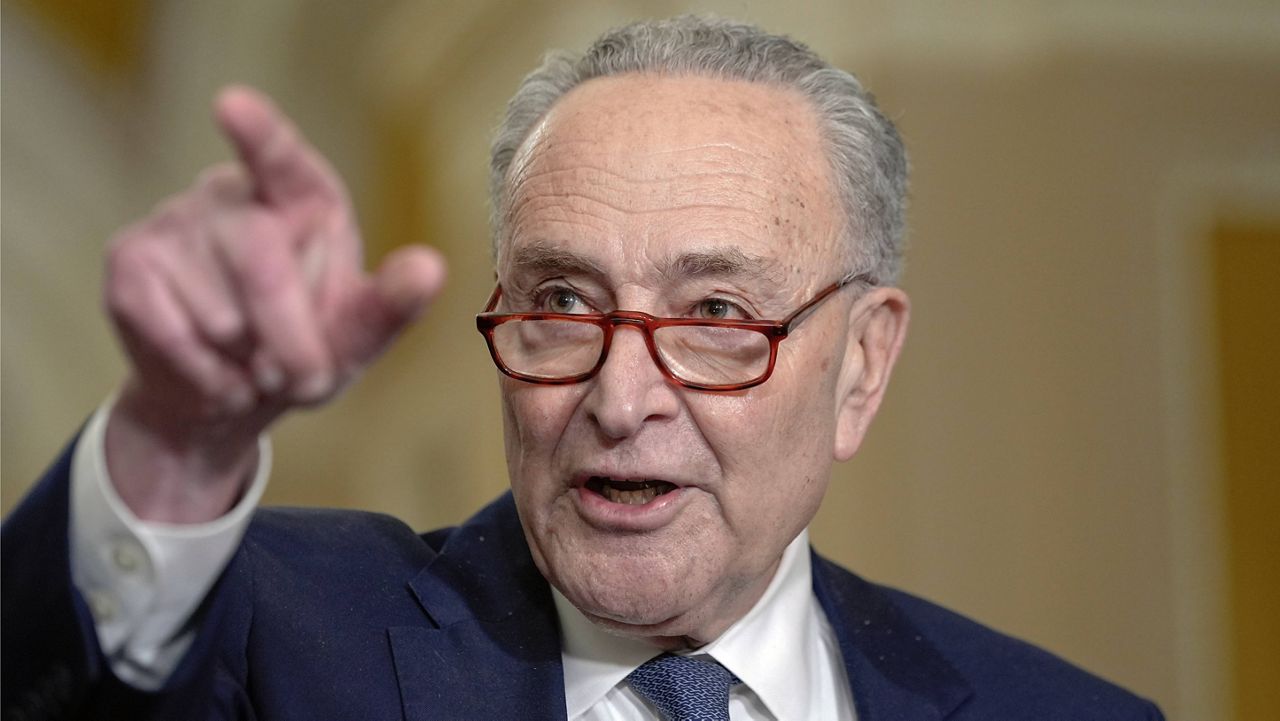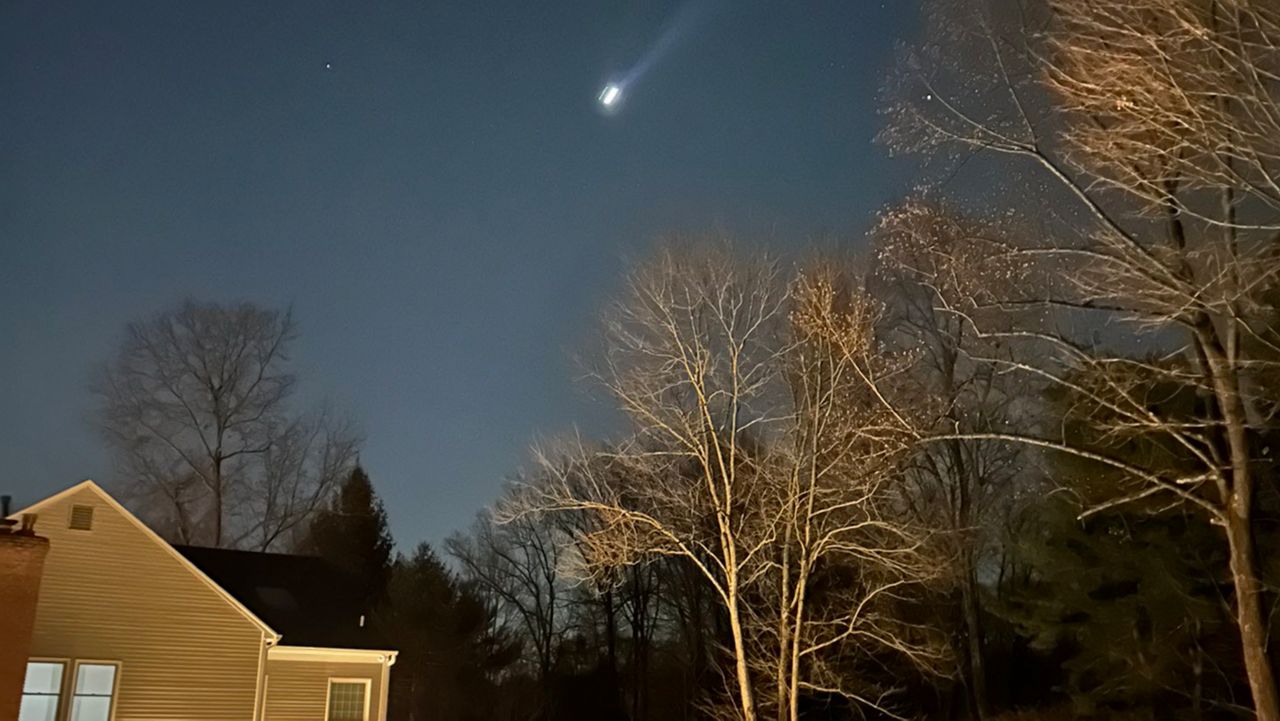The National Restaurant Association on Monday sent a letter to Congress detailing the dire straits of the restaurant industry across the United States, pleading with lawmakers to approve additional funding to help business owners and workers survive the pandemic.
As of Dec. 1, nearly 17% of U.S. restaurants were “closed permanently or long-term,” according to a study conducted by the NRA. That percentage amounts to over 110,000 service-industry businesses across the country.
Of these former restaurant owners, only 48% believe it is likely they will be able to return to the industry in the months or years ahead.
“What these findings make clear is that more than 500,000 restaurants of every business type—franchise, chain, and independent—are in an economic free fall,” said Sean Kennedy, executive vice president for Public Affairs, in a letter to Congressional leaders. “And for every month that passes without a solution from Congress, thousands more restaurants will close their doors for good.”
The organization has repeatedly called on Congress to pass the Real Economic Support That Acknowledges Unique Restaurant Assistance Needed To Survive Act, or the RESTAURANTS Act, as swiftly as possible.
Versions of the bill have been separately introduced in both the House and Senate. In Monday’s letter, Kennedy clarified the organization supports the Senate’s version of the act, saying it “ensures that all restaurant segments that are suffering can receive federal support, not just one.”
The bill, which was referred to the Finance Committee in June, “temporarily establishes and provides funding for the Restaurant Revitalization Fund, from which the Department of the Treasury shall make grants to eligible food and beverage purveyors to cover specified costs.”
Should it be approved, the plan would implement a second draw from the Paycheck Protection Program (PPP), a federal loan that helps businesses “keep their workforce employed during the Coronavirus (COVID-19) crisis,” per the government website.
The NRA proposed a series of changes to lawmakers’ bill, suggesting in part the inclusion of non-profit businesses in the program, an expansion of forgivable expenses for personal protective equipment, and a removal of caps on PPP loans for restaurants under the purview of a single corporation.
The letter also stated that the addition of liability shields for restaurants is a “vital need” for the industry, an issue that has long been a sticking point between Democrats and Republicans on Capitol Hill.
As recently as this week, Senate Majority Leader Mitch McConnell was adamant that any COVID-19 relief package would need to include corporate liability shields.
On Tuesday, McConnell appeared to walk back those demands, saying: “What I recommend is we set aside liability and set aside state and local, and pass those things that we can agree on knowing full well we’ll be back at this after the 1st of the year.”
But Thursday, McConnell’s staff conveyed to top negotiators that the GOP leader sees no path to an agreement on a slimmed-down version of the liability shield for companies and organizations facing potential COVID-19 lawsuits in exchange for $160 billion in state and local funds that Democrats want.
The hardened stance from McConnell, who does not appear to have the votes from Republicans for a far-reaching compromise, creates a new stalemate over the $900-billion-plus package, despite days of toiling by a bipartisan group of lawmakers toward a deal.
The Associated Press contributed to this report.



